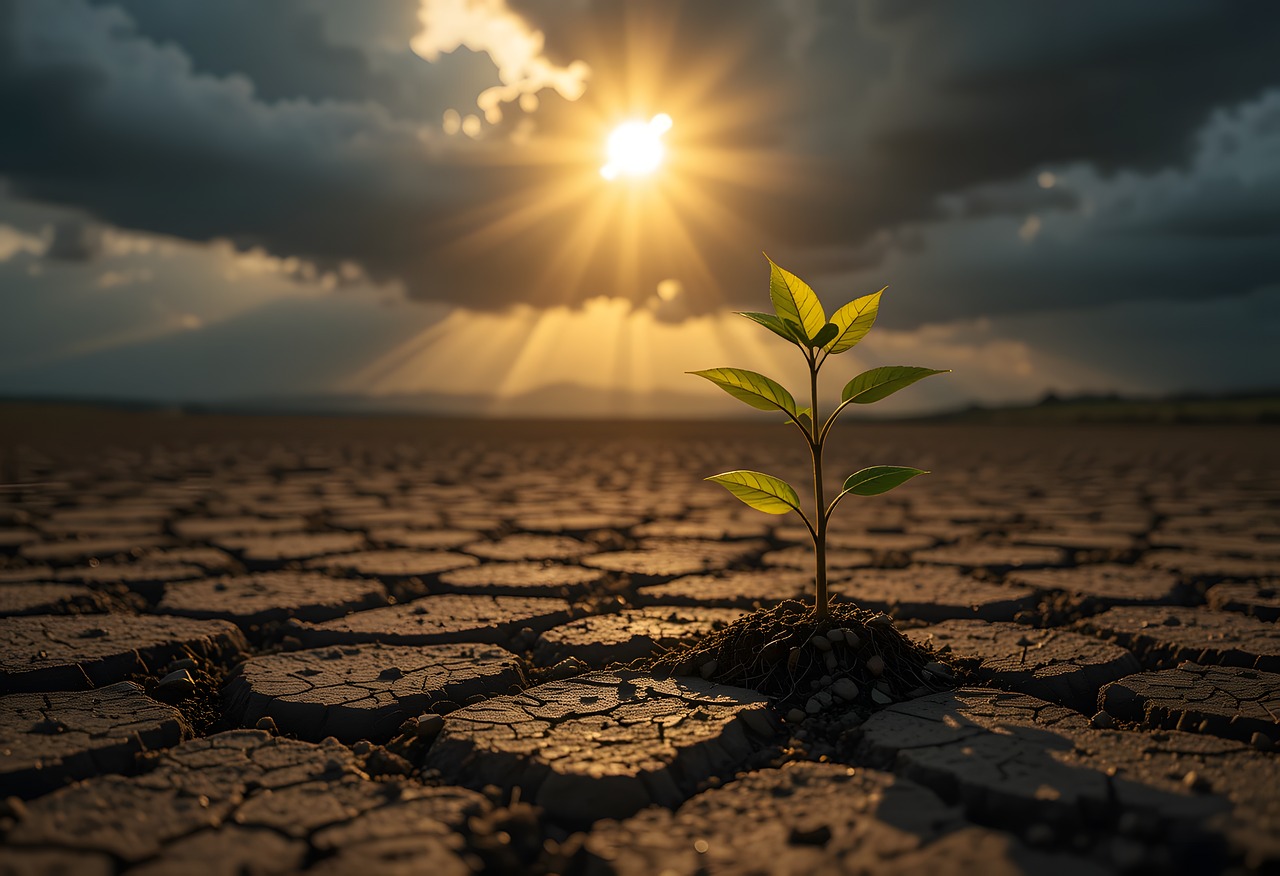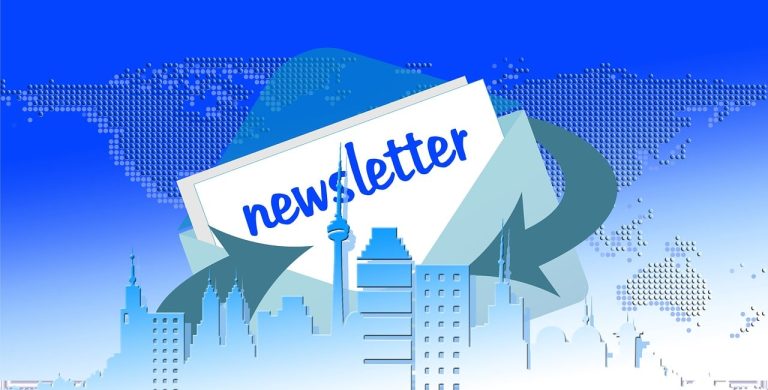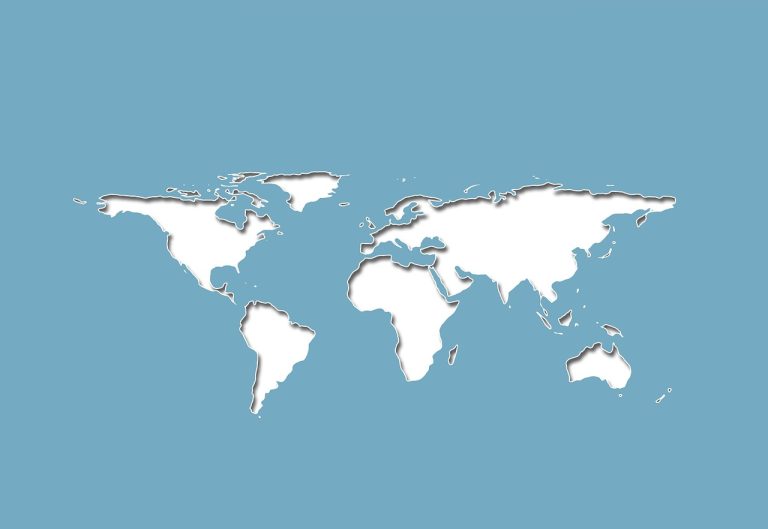
Understanding the Effects of New Government Policies on Everyday Life in the Philippines
The Philippines, with its dynamic socio-political landscape, continuously evolves with the implementation of new government policies. These policies, ranging from economic reforms to social welfare programs, significantly impact the daily lives of Filipino citizens. In this article, we will delve into the various ways these policies influence everyday life, exploring economic, social, and environmental aspects.
Economic Impacts of Government Policies
Economic policies are often at the forefront of government agendas as they directly affect the country’s growth and stability. Recent reforms have aimed to enhance economic performance, attract foreign investments, and improve employment rates. For example, the Bangko Sentral ng Pilipinas (BSP) has implemented monetary policies that strive to stabilize inflation rates, which in turn impacts the purchasing power of Filipinos.
A significant policy change was the implementation of the Tax Reform for Acceleration and Inclusion (TRAIN) Act. This policy sought to simplify the tax system and reduce the tax burden on lower-income individuals while expanding the tax base. While the additional revenue was intended for infrastructure projects, the policy initially led to increased commodity prices, affecting household budgets. Over time, however, the benefits of improved infrastructure and public services have begun to materialize, demonstrating a positive long-term impact.
Social Welfare and Health Policies
Social welfare policies play a crucial role in enhancing the quality of life for many Filipinos. The government has introduced various programs aimed at reducing poverty and improving healthcare access. The PhilHealth program, for instance, aims to provide universal healthcare coverage to all citizens, ensuring that even the most vulnerable populations have access to necessary medical services.

Another significant policy has been the expansion of the Pantawid Pamilyang Pilipino Program (4Ps), which provides conditional cash transfers to poorer families. This initiative not only alleviates poverty but also encourages education and healthcare for children. By investing in human capital, the government hopes to foster a more educated and healthy workforce in the future.
Environmental Policies and Their Impact
Environmental policies in the Philippines have become increasingly important as the country faces challenges related to climate change and natural disasters. The government has enacted policies aimed at promoting sustainable development and conservation of natural resources. For instance, the Enhanced National Greening Program (ENGP) is one of the largest reforestation initiatives, aiming to restore forest cover and reduce the environmental impact of deforestation.
The implementation of the Department of Environment and Natural Resources (DENR) policies has led to improved waste management systems and stricter regulations on pollution. These efforts are crucial in ensuring that the Philippines’ natural beauty and resources are preserved for future generations. However, enforcement remains a challenge, and community involvement is essential for the success of these policies.
Education Reforms and Accessibility
Education is a critical area of focus for the Philippine government as it seeks to equip its citizens with the skills necessary for a competitive global economy. The K-12 education reform, which extended the basic education system by two years, aims to align the Philippine education system with international standards. This change is intended to provide students with a more comprehensive education, better preparing them for higher education and employment opportunities.

Moreover, the government has increased its investment in public education, enhancing the quality of facilities and resources available to students. Initiatives such as free tuition for state universities and colleges have also improved accessibility to higher education, allowing more Filipinos to pursue academic degrees without the burden of financial constraints.
Transportation and Infrastructure Developments
Transportation and infrastructure developments are key components of government policy that significantly affect daily life in the Philippines. The “Build, Build, Build” program, a massive infrastructure initiative, aims to improve connectivity and reduce congestion in urban areas. Projects under this program include new highways, railways, and airports, which are expected to enhance economic productivity and ease the daily commute for millions of Filipinos.
While these developments promise long-term benefits, they also bring short-term challenges such as construction-related disruptions and traffic congestion. The government is actively working to address these issues and minimize the inconvenience to the public during the implementation phase.
Challenges and Future Directions
Despite the positive impacts of new government policies, challenges remain in ensuring effective implementation and addressing unintended consequences. Corruption, bureaucratic inefficiencies, and lack of resources can hinder progress. Transparent governance and public accountability are essential to overcoming these challenges and maximizing the benefits of policy reforms.
Looking ahead, the Philippine government is likely to continue its focus on policies that promote sustainable economic growth, social equity, and environmental conservation. By fostering collaboration between various sectors and engaging communities, the government can create a more resilient and inclusive society.
Takeaways

The effects of new government policies on everyday life in the Philippines are vast and multifaceted. From economic reforms and social welfare programs to environmental conservation and education improvements, these policies shape the present and future of the country. While challenges persist, the commitment to progress and development remains strong, driving the nation toward a more prosperous and equitable future. As citizens, staying informed and engaged in these policy discussions is crucial, as active participation can lead to more effective and responsive governance.
Community Engagement and the Role of Civil Society
Community engagement and the active involvement of civil society are critical in the successful implementation of government policies. Civil society organizations (CSOs) in the Philippines play a pivotal role in advocating for the needs and interests of various groups, providing a platform for dialogue between the government and the populace. These organizations often facilitate grassroots movements that drive policy changes from the bottom up.
For example, in the realm of environmental policy, numerous NGOs work tirelessly to raise awareness about climate change and environmental protection. They organize community clean-up drives, tree planting activities, and educational workshops to empower citizens to take part in environmental conservation efforts. This collaboration between the government and civil society not only enhances policy effectiveness but also ensures that the voices of marginalized communities are heard and considered.
Moreover, CSOs often serve as watchdogs, monitoring government activities and holding officials accountable for their actions. This oversight is crucial in combatting corruption and ensuring that public funds are used efficiently and effectively. By fostering a culture of transparency and accountability, civil society contributes to the overall betterment of governance in the Philippines.

The Impact of Digital Transformation on Policy Implementation
In recent years, digital transformation has become an integral part of policy implementation in the Philippines. The government’s push towards digitalization aims to streamline processes, improve service delivery, and enhance transparency. Initiatives such as the establishment of the Department of Information and Communications Technology (DICT) and the implementation of the National Broadband Plan are steps towards enhancing digital infrastructure.
The rise of e-governance platforms has made government services more accessible to citizens, reducing bureaucracy and wait times. For instance, the official government portal offers a centralized platform for accessing various public services, such as applying for permits, paying taxes, and securing health benefits. This digital shift not only improves efficiency but also empowers citizens by providing them with easier access to information and services.
However, digital transformation also presents challenges, particularly in terms of cybersecurity and data privacy. The government must ensure robust security measures are in place to protect sensitive information and maintain public trust in digital platforms. Additionally, efforts must be made to bridge the digital divide, ensuring that all Filipinos, regardless of their location or socioeconomic status, can benefit from digital advancements.
Policy Adaptation in Response to Global Events
Global events such as the COVID-19 pandemic have underscored the need for adaptable and resilient government policies. The pandemic prompted the Philippine government to implement emergency response measures, including health protocols, financial aid programs, and vaccination campaigns. These policies were crucial in mitigating the impact of the pandemic on public health and the economy.

The experience also highlighted the importance of international collaboration and knowledge sharing. By leveraging global partnerships, the Philippines was able to access critical resources, such as vaccines and medical supplies, and learn from the experiences of other countries. This adaptability and openness to global cooperation are essential in addressing future challenges, whether they be public health crises, economic downturns, or environmental disasters.
The Role of Education in Shaping Policy Outcomes
Education plays a fundamental role in shaping policy outcomes by fostering an informed and engaged citizenry. Educated citizens are better equipped to understand complex policy issues, participate in public discourse, and hold government officials accountable. The Philippine government’s commitment to enhancing educational opportunities, particularly through initiatives like the Alternative Learning System (ALS), aims to ensure that all Filipinos have access to quality education.
Furthermore, education initiatives that focus on critical thinking and civic engagement prepare students to become active participants in democratic processes. By nurturing a culture of inquiry and debate, educational institutions can contribute to the development of policies that reflect the diverse needs and aspirations of the populace.
Conclusion: A Path Forward
The landscape of government policies in the Philippines is ever-evolving, shaped by a myriad of factors ranging from economic imperatives to social aspirations and environmental concerns. As the nation continues to navigate these complexities, the importance of informed, inclusive, and accountable policymaking cannot be overstated. By fostering collaboration between the government, civil society, and the private sector, and by embracing innovation and adaptability, the Philippines can chart a path towards sustainable and equitable development.
Ultimately, the success of government policies depends on the active participation of every Filipino. As stakeholders in the nation’s future, citizens must remain engaged, informed, and proactive in shaping the policies that affect their lives. Through collective effort and shared vision, the Philippines can overcome its challenges and build a brighter, more prosperous future for all.






